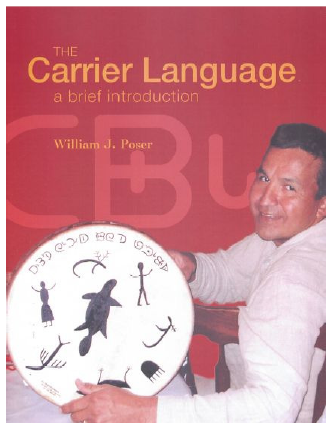William Safire's On Language column used to feature regular reports from the Squad Squad, readers who wrote to him with examples of redundant language. His column from 11/5/1989, for example, cites the Isis construction, the phrase ad hoc task force ("as if all task forces were not by their nature ad hoc"), references to the Negev desert ("Negev means 'desert' (as well as 'south') in Hebrew"), a menu listing for cold Gazpacho ("all Gazpacho is cold"), and Safire's own use of the idiom shrug our shoulders ("only shoulders are for shrugging; you cannot shrug your eyebrows, even though you can lift them").
Bill is gone, but a little Squad Squad lives on in all of us, it seems. We notice usage that strikes us as redundant, and we feel the urge to share our insights. Few of us get as intense about it as the Pilotless Drone Man did — but maybe, somewhere in the amygdala of every Squad Squad member, there's a little Drone Man fighting to emerge.
Read the rest of this entry »

